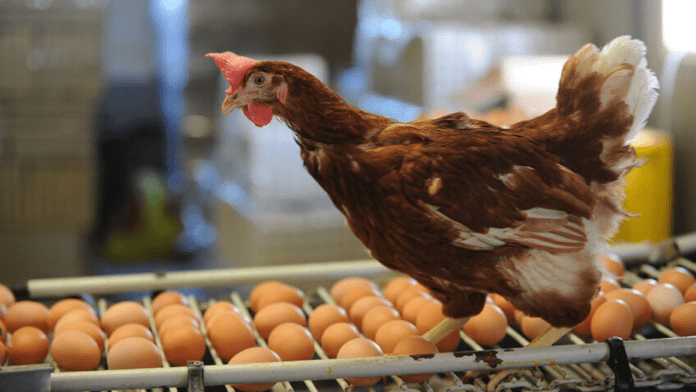News in brief: The Poultry Association of Nigeria (PAN) has called on the government to create a sustainable development policy for the poultry industry to prevent its collapse, emphasising concerns about CBN lifting import restrictions and requesting incentives for feed supplies.
The Poultry Association of Nigeria (PAN) has urged the federal government to establish a sustainable development policy for the industry with a clear action plan to save it from collapse.
PAN President Sunday Ezeobiora made the call during a recent courtesy visit to the Minister of Agriculture and Food Security, Senator Abubakar Kyari, a local news source reports.
He stated that there was widespread anxiety in the Nigerian poultry industry due to the government’s seeming reluctance to uphold the restrictions placed on the importation of poultry and poultry-related products such as eggs.
Additionally, he emphasised that the association was requesting more political will from the government to develop a sustainable poultry development policy with a well-defined action plan. He warned that the recent developments, as outlined by the Central Bank of Nigeria (CBN), likely related to foreign exchange (FX) restrictions, would return Nigeria to the pre-2000 era, when it was a dumping ground for all sorts of imported poultry products.
The poultry association’s president also highlighted some expected consequences of the CBN’s FX decision during the meeting. He urged the government to grant ‘specific quick-win’ incentives to support the importation of 3 million metric tons of maize and 500,000 tons of soybeans to meet the feed supply and demand requirements for the 2023/2024 poultry farming seasons.
Earlier, the Kyari had assured that his ministry is committed to addressing the challenges affecting poultry farmers and enhancing food and nutritional security in the country. He acknowledged that availability and affordability issues threatened the current state of food security, and that malnutrition and rising food inflation necessitated year-round efforts to increase food production and make food available, accessible, and affordable for the population.



